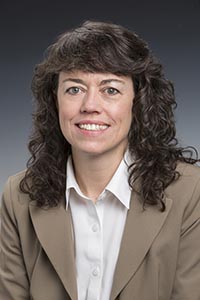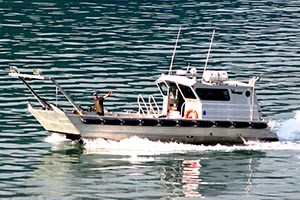Walt Wrede will be joining the council’s staff as Director of Administration. He most recently worked as city manager of Homer, where he served for over 12 years. Before that, he served the Lake and Peninsula District in southwest Alaska as borough manager from 1994-2002, and as city planner for Cordova from 1990-1994. A significant component of Wrede’s job in Cordova was helping the community adjust to the social, economic, and environmental impacts associated with the Exxon Valdez oil spill. He has a master’s degree from Washington State University, and a bachelor’s from Monmouth University, both degrees are in sociology.
“I am excited and encouraged to have Walt join our team” said Donna Schantz, executive director of the council. “Walt has a broad background in organizational planning, policy development and financial management, and comes with a glowing reputation as an effective leader and collaborator. Walt’s experience, coupled with his understanding of the council’s mission and strong appreciation for the nature and beauty of Prince William Sound, makes him a near-perfect fit.”
Wrede’s first day with the council will be May 23, and he will be based out of the council’s Anchorage office.

 Colin Daugherty’s accent quickly gives him away as a native Chicagoan.
Colin Daugherty’s accent quickly gives him away as a native Chicagoan.